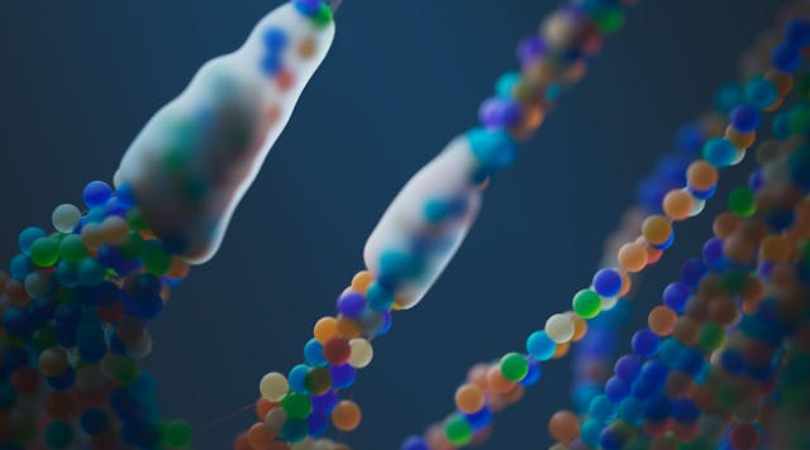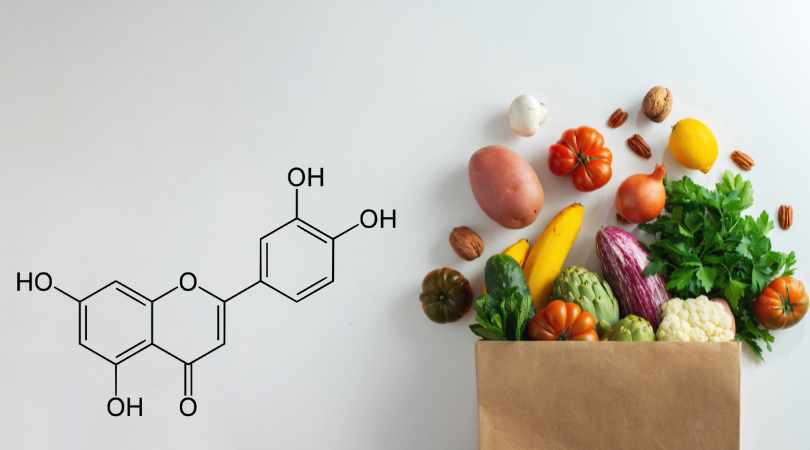Scientists have successfully restored the lost uricase enzyme, a key breakthrough in combating fructose-induced fat formation. This discovery offers new hope for preventing obesity and metabolic disorders by targeting how the body processes sugar and stores fat.
Limited Quantities Available! Order Today and Enjoy Free Shipping on Orders Over $100!
Exploring Luteolin’s Role in Cancer Treatment: Targeting Energy Metabolism

Metastatic cancer presents a profound challenge in oncology, requiring treatments that not only reach cancer cells throughout the body but also precisely target these cells while sparing normal tissue. This delicate balance highlights the importance of advanced therapies like custom immunotherapies, which involve reprogramming our own T-cells to specifically identify and eliminate cancer cells. However, these therapies depend heavily on the ability to accurately recognize cancer cells as distinct from normal cells, a task complicated by the subtle differences between the two.
One of the few clear distinctions between cancer cells and normal cells lies in their energy metabolism. Cancer cells frequently exhibit altered metabolic pathways, relying on these for their growth and survival in ways that normal cells do not. This metabolic alteration, often referred to as the Warburg effect, presents a unique opportunity for targeted treatment strategies. By capitalizing on this distinctive trait of cancer cells, we can develop systemic treatments that are not only targeted but also broadly applicable, complementing more personalized approaches like immunotherapy.
The Connection Between Fructose Metabolism and Cancer
Recent studies have revealed a critical link between fructose metabolism and cancer, specifically noting how fructose can influence tumor growth. The problem arises when fructose is metabolized in the body, leading to disruptions in cellular energy and the production of harmful byproducts. Luteolin, a natural compound found in foods like celery, thyme, and green peppers, has shown potential in blocking the entry of fructose into cells, thus preventing the subsequent damage to mitochondrial function and cellular energy. This mechanism is crucial as it directly targets the metabolic processes that cancer cells depend upon to grow and spread.
Luteolin: A Beacon of Hope
By preventing fructose from entering cells, Luteolin can impede the altered energy production that is characteristic of cancer cells. This restoration and disruption of energy supply are essential as they target the enhanced metabolic processes that cancer cells rely on. Alongside Luteolin, Tart Cherry Extract has been researched for its potential to help rid the cells of excess uric acid produced during fructose metabolism, further supporting cellular health.
Mitochondrial Function and Cancer Treatment
By enhancing mitochondrial function, Luteolin can restrict the metabolic flexibility that cancer cells require, thereby slowing their growth and ability to metastasize. This mechanism suggests that Luteolin could not only inhibit tumor growth but also potentially enhance the effectiveness of traditional cancer treatments—if deemed safe and effective in clinical settings. It is crucial, however, to consult healthcare professionals before integrating Luteolin with conventional treatments such as chemotherapy and radiation, due to the potential for interactions.
Dietary Adaptations to Support Cancer Therapy
In addition to exploring natural compounds like Luteolin, specific dietary adaptations could further enhance the effectiveness of cancer treatments by targeting the metabolic vulnerabilities of cancer cells. For instance, adopting a ketogenic diet, which is low in carbohydrates and high in fats, can alter the primary energy sources available to cancer cells. By reducing carbohydrate intake, this diet may help minimize the fuel available for glycolysis—a process heavily relied upon by cancer cells, thereby potentially inhibiting their growth.
Similarly, intermittent fasting could also be beneficial; it not only reduces overall calorie intake but also promotes autophagy, a cellular clean-up process that can destroy damaged or malignant cells before they proliferate. Moreover, the inclusion of spermidine, a compound known to induce autophagy, can further support this cellular mechanism. These dietary approaches, while not substitutes for conventional cancer therapies, could serve as complementary strategies, enhancing the metabolic stress on cancer cells and possibly improving patient outcomes.
Research and Future Directions
While the initial research into Luteolin’s effects is promising, comprehensive clinical trials are needed to confirm its safety and efficacy in humans. Early studies indicate that Luteolin can suppress tumor growth, reduce metastasis, and potentially improve the outcomes of existing cancer therapies.
Combining Forces: Luteolin and Traditional Therapies
The hypothesis that Luteolin could be used alongside conventional treatments is particularly exciting. Its ability to restore a more normal metabolic state in cancer cells may make these cells less resistant to the effects of chemotherapy and radiation, thereby improving patient outcomes. Future research should focus on how Luteolin can be integrated into standard cancer treatment regimens to explore this synergy further.
Luteolin’s Promising Path Forward
The intricate relationship between metabolism and cancer development underscores the potential of targeting metabolic pathways as a treatment strategy. Luteolin offers a promising avenue for such an approach, potentially providing a complementary tool alongside traditional cancer therapies. As we continue to explore this connection, it becomes increasingly important to consider integrative strategies that combine the strengths of both natural compounds and conventional medicine to combat cancer more effectively.
Disclaimer
This article is for educational purposes only and is not intended as medical advice. Always consult a healthcare professional before starting any new treatment.
Current research into supplements like Luteolin, Tart Cherry Extract, and Spermidine alongside conventional cancer therapies such as chemotherapy and radiation is ongoing. While no formal recommendations can be made at this time, preliminary studies suggest potential benefits from using these supplements before and after cancer treatments to avoid possible interactions during therapy. Patients considering this approach should discuss it with their healthcare providers to ensure it aligns with their specific treatment plans and health needs.
Disclaimer: The information in this blog reflects personal opinions, experiences, and emerging research. It is not intended as medical or professional advice and should not replace consultation with qualified professionals. The accuracy of this content is not guaranteed. Always seek guidance from a licensed expert before making any health-related decisions.


Chris | 🔬 Founder of LIV3 Health
⚡ A keen researcher dedicated to uncovering the root causes of metabolic dysfunction, the key driver of chronic conditions behind 70% of global deaths. His findings led to science-backed, natural solutions designed to inhibit fructose metabolism.
📢 Follow me on Reddit for insights on metabolic health and the future of wellness! -






